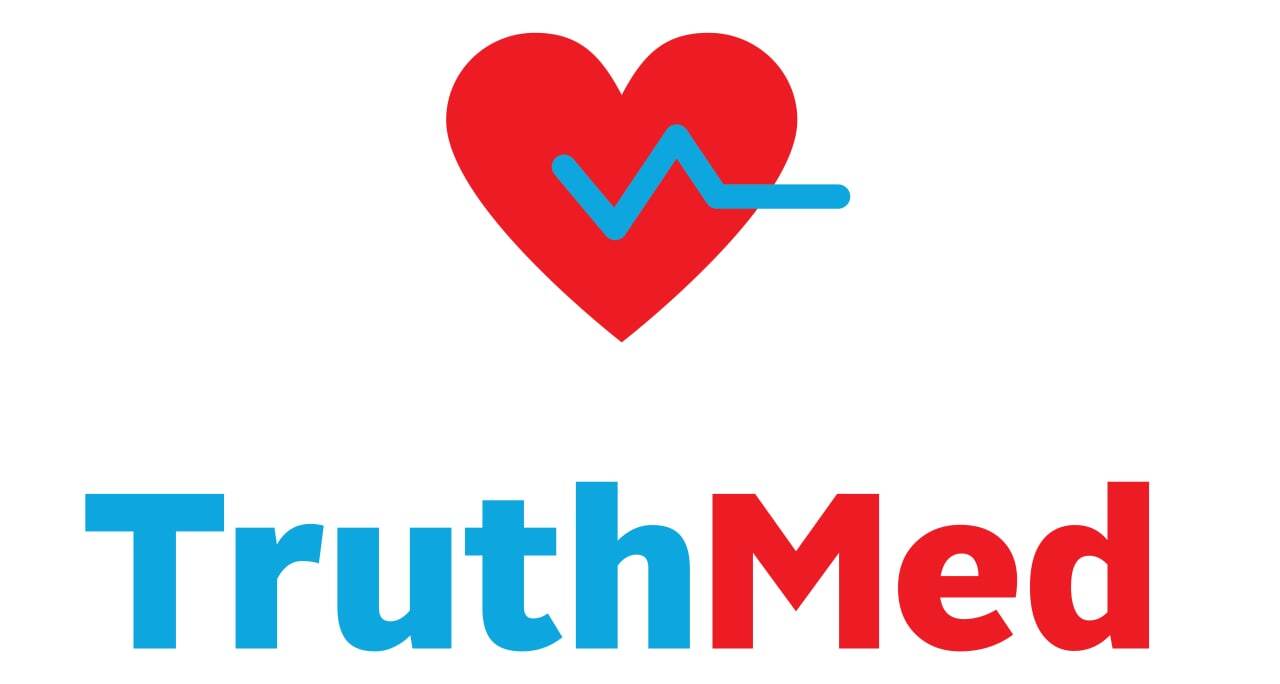The Story of N-Antibodies and Why They Are So Important
By Steve Kirsch
UCSF Professor Aditi Bhargava brought up the issue with N-antibodies in November of 2021. People have been too quick to dismiss her concern.

In its Week 42 “COVID-19 Vaccine Surveillance Report” (published 21 October 2021), the UK Department of Health admits on page 23 that “recent observations from UK Health Security Agency (UKHSA) surveillance data that N antibody levels appear to be lower in individuals who acquire infection following 2 doses of vaccination.”
What does this mean? It means that the vaccine interferes with the body’s ability to make antibodies after infection against other parts of the virus.
In particular, vaccinated people do not appear to form antibodies against the nucleocapsid protein, the envelope of the virus, which is an important part of the response in unvaccinated people. The observation may explain why the vaccines actually produce negative efficacy as was shown in the Denmark study, for example.
Reuters did a “fact check” on this concerning observation and, as expected, found nothing wrong. Who’d have guessed? They said that since the S-protein response was so robust, your body had no need to mount a robust N-antibody response.
Not so fast… this is hardly a “known effect.” This seems more like a hand-waving argument to me.
In checking with the experts I knew, nobody was aware of this being something to simply ignore.
This is why Professor Bhargava voiced her concerns in her blog on November 3, 2021:
New studies from the British Health Ministry suggests that COVID vaccines might interfere with the ability of our immune system to produce antibodies against other parts of the virus, crucial aspect for developing cross protection
The data agrees with her: it is showing the vaccines are producing negative efficacy and making our bodies more susceptible to being infected with other diseases including cancers and shingles (see Incriminating Evidence for references).
She also said in that same article, “Ideally, no one should be tested unless they have symptoms.” I couldn’t agree more with that statement.
I value her insights and I thank her for speaking openly and honestly about the dangers of these vaccines.

